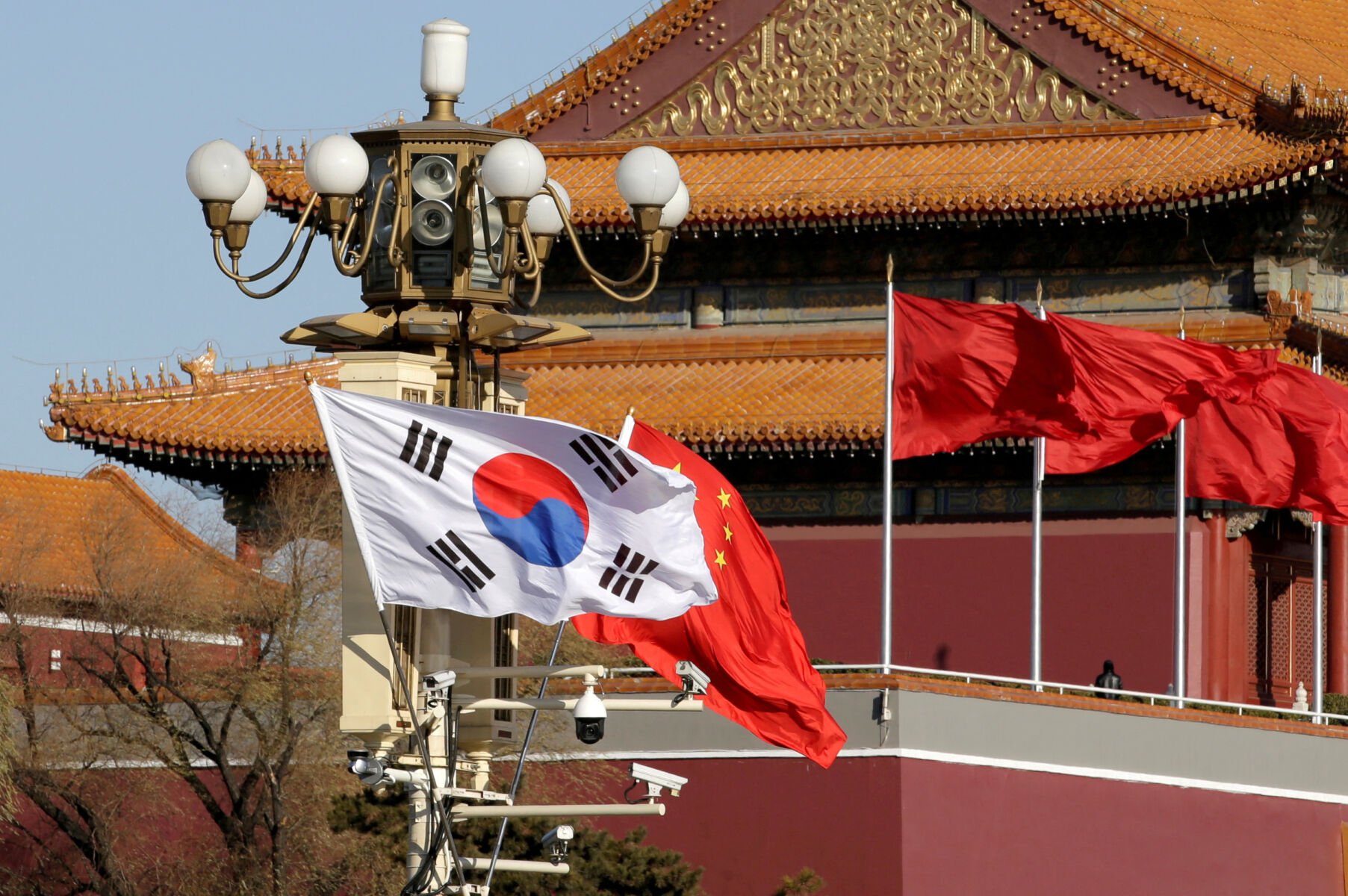South Korea summons China’s ambassador over ‘senseless’ US tilt accusation

South Korea’s foreign ministry has called on China’s ambassador, expressing concerns over comments made by the diplomat that accused Seoul of favouring the United States over China. This comes as tensions between Washington and Beijing escalate in the battle for global influence.
On Friday, South Korean First Vice Foreign Minister Chang Ho-jin cautioned Chinese Ambassador Xing Haiming about his “senseless and provocative” remarks during a meeting with a South Korean opposition leader the previous day. The ministry claimed that Xing had breached diplomatic protocols and interfered with South Korean domestic politics, but did not elaborate on which parts of his comments were deemed inappropriate.
In response to the criticism, Chinese Ministry of Foreign Affairs spokesperson Wang Wenbin stated that the current challenges in Chinese-South Korean relations are “not caused by China.”
In a meeting with South Korean Democratic Party leader Lee Jae-myung, Xing accused the government of conservative President Yoon Suk Yeol of excessively leaning towards the US, South Korea’s treaty ally, and harming relations with China, its largest trading partner. Xing attributed the “many difficulties” in bilateral relations to South Korea, citing the growing trade deficit with China, which he believed was due to “de-Chinaisation” efforts by South Korean companies shifting their supply chains away from China.
Xing also demanded that Seoul respect Beijing’s core interests, including Taiwan and other major regional issues. “With the United States pressuring China with all its might, some are betting that the United States will win and China will lose. But this is clearly the wrong judgement,” Xing said, adding that those who bet on China’s defeat will regret it later.
South Korea’s Ministry of Foreign Affairs argued that Xing’s “irresponsible” comments went against “the desire of both countries’ governments and people to value and further advance South Korea-China relations based on mutual respect.”
Discussing economic ties, Xing claimed that South Korea’s trade deficits had worsened due to efforts to “decouple” from China, but it could “enjoy the bonus” from Chinese economic growth if its confidence in bilateral ties were restored. “The two countries have built an inextricable economic structure in which their industrial and supply chains are closely connected,” he said.
South Korea faces the challenge of balancing its relationship with the United States, its long-standing military ally, and China, the largest buyer of its goods, as the rivalry between Washington and Beijing intensifies over regional influence and technology. As the nuclear threat from North Korea grows, President Yoon has aggressively pursued strengthening the alliance with the US, making it a central goal of his policies.
Seoul has increased joint military training with the US and sought stronger assurances that the US would use its nuclear weapons to defend South Korea in the event of a North Korean nuclear attack. Meanwhile, the Biden administration has been pushing for stronger trilateral cooperation with South Korea and Japan to counter both the North Korean threat and China’s increasingly assertive foreign policy.
Latest Thailand News
Follow The Thaiger on Google News:


























